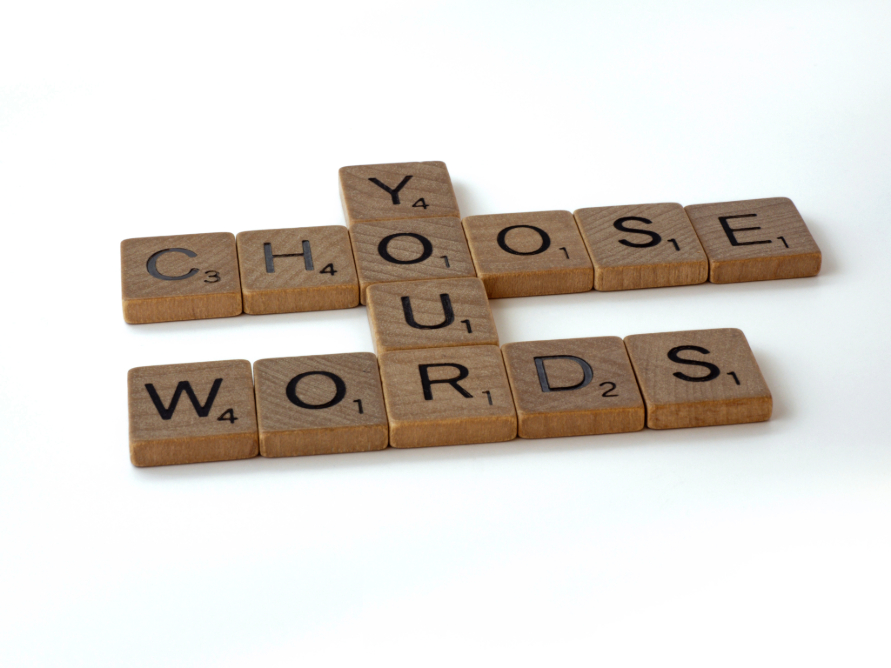For the believer, the way you know you’ve really been released from bitterness is you weep in your enemy’s pain and rejoice in their rejoicing.
You don’t sit back when they suffer with a sense of satisfaction and say, “It serves them right. They got what’s coming to them.” Even when they experience some of the painful consequences of their sin, even when these consequences are a fulfillment of justice, your heart breaks with them in the pain of their actions, and you pray that God will use this pain to bring them to forgiveness.
Isn’t that what Jesus did for us? In the midst of our sin against him, our crucifixion of him, he wept for us and prayed for our forgiveness.
In Romans 12, the Apostle Paul quotes a poem from Proverbs 25: “If your enemy is hungry, give him food to eat, and if he is thirsty, give him water to drink; for you will heap burning coals on his head” (Proverbs 25:21–22 CSB).
You might think, “Now, that’s more like it. That’s exactly what I feel like doing to my enemy. Where can I get these hot coals?”
Better to understand what the Jewish metaphor means. Heaping fiery coals on someone’s head will do one of two things to a person: It will either wake them up to the injustice of what they are doing to you (we might use the expression “splash of cold water”). Or, it will increase God’s judgment on them in the day he brings vengeance. God will say to them on judgment day: “After kindness upon kindness that they showed you, this was how you treated them?” And God’s judgment will be worse on them. Your kindness will literally heap hot coals on them.
Your preference should be for your kindness to wake them up. But either way, your response to their evil is to bless.
In so doing, Paul says, you will conquer evil (Romans 12:21). How so? Well, for one, you will stop the spread of evil in yourself. But, by responding with grace, you create a chance of curing it in the offender.
Martin Luther King, Jr. famously said, “Darkness cannot drive out darkness; only light can do that. Hate cannot drive out hate; only love can do that.”
After all, isn’t this how Jesus woke you up? Was it God’s judgment that brought you to him? Was it not his forgiveness and love? In the same way, this is how you help change someone’s heart. Not an eye for an eye, but grace.
Again, this doesn’t preclude the pursuit of justice or the practice of wisdom. It is not love that allows our enemies to continue abusing us or others. It is passivity. But even in the midst of justice, we should extend the offer of God’s forgiveness.
We can’t do this by the strength of our own will. We can only get the power to do this by remembering the gospel. And so, Paul admonishes in Romans 12:16, “Do not be proud; instead, associate with the humble. Do not be wise in your own estimation. “
As Miroslav Volf said, “Forgiveness flounders when I exclude the enemy from the community of humans even as I exclude myself from the community of sinners.”
Be humble. You have a lot more in common with the sinner harming you than you might want to admit. They are a human like you, and you are a sinner like them. Forgiveness is necessary for both of you, and forgiveness is possible for both of you.
Above all, remember Jesus—the only one who had the right to sit in judgment over us … and came down to sit under that judgment instead. Remember his patience toward you, how he suffered silently and always answered your cursing with his blessing. Remember his good plan for you.
You don’t learn to love by trying. Babies aren’t given a book about love; they’re given a family that gives them love. The same is true of forgiveness. You learn to forgive, not by analysis, but by experience. Before forgiveness is something you do, it’s Someone you meet. It’s Jesus Christ, your forgiver.
Meeting the embodiment of God’s mercy toward you will produce it in you toward others.


